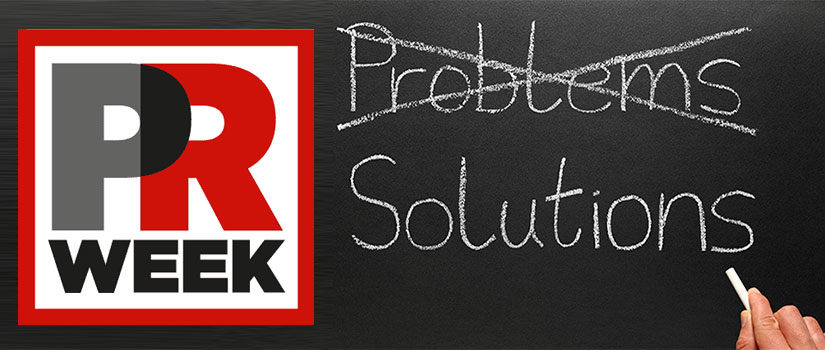Posted September 23, 2015
By Dr. Shannon Bowen, professor, Journalism and Mass Communications
Reprinted with permission from PRWeek
For 15 years, I've been researching ethics in PR. Multiple studies with different levels of communications pros, in different cultures, various industries, and all types and sizes of organizations yield similar results. Time and time again, the common linchpin between findings is "being critical."
The PR pro can be many things: articulate, enthusiastic, strategic, persuasive, and even compelling. A description not often used by anyone outside our ranks is analytical. However, that is what data keeps telling us to be.
In 2002, I published a study with elites in two global pharmaceutical firms. The ones with analytical chops came out ahead in ethics, as well other measures of organizational effectiveness. They demonstrated their ROI on an almost daily basis through "problems solved and crises averted," in the words of one CCO. They think a lot about doing the right thing. They talk and argue about what that right thing may be. And they do so openly.
While some organizations "assume" good behavior rather than engage in tough critique, analyses, research, discussion, and more analyses, the more successful PR pros were skilled in critique. A 2004 study exploring organizational culture found that a routine scrutiny of issues facing the entity resulted in better decisions – ethically and in organizational efficacy. One highly placed public affairs executive told me he sticks by moral principle no matter what "because if you do the right thing, the consequences will eventually take care of themselves."
In 2006, I studied the issue deeply, exploring the factors that made some communications pros more ethical and respected than others. What I found wasmoral autonomy – in other words, the folks at the top of the profession made tough calls based on research and experience, and they made them on their own rather than in concert with the CEO and other influencers. They were not afraid to engage in independent moral analyses and to confront or conflict with leaders in the organization when it was needed.
These types of PR pros have such gravitas that one told me, "I had a tough choice to make, wrestling with it, and I made it. I stopped an assembly line with one phone call." That is moral autonomy and it captures the essence of success in this field: strategy, independence, respect, and hefty responsibility.
How do we get there? Engage in independent examination of an issue from numerous sides or perspectives. Perhaps this list from my 2009 study on this topic will help:
-Play devil's advocate.
-Ask "What is the worst that could happen?"
-Always look for the ethical problem.
-Ask, "If I were hired to oppose this initiative/issue, how could I attack it?"
-Be rapid to respond in crisis – and accurate.
-Gather information: formal research and informal conversations lead to different
perspectives.
-Finally, consider what happens if the research doesn't back us up. What if we are
wrong?
In his recent PRWeek column, Don Spetner advised similarly when he discussed a senior executive at Microsoft who wanted her direct reports to "be smart, be brief, and be gone." His argument seems to echo the years of research findings I see for ethical PR: be analytical, decisive, and independent.
Conduct your analysis, be resolute in your convictions (though not obstinate), and offer proof. Be certain to research and critique independently, thoroughly, and objectively. Get the facts and back them up with data. Don't cheerlead: look for weaknesses to uncover and correct.
Finally, earn your place at the table. In most cases, CEOs will not respect a yes-person. They would rather have someone with a spine in that seat. Don't go along with groupthink in the C-suite. Question, nay-say, and require evidence. That approach develops the moral autonomy that will also catapult your responsibility and career, while helping your organization act with greater rectitude and responsibility.
